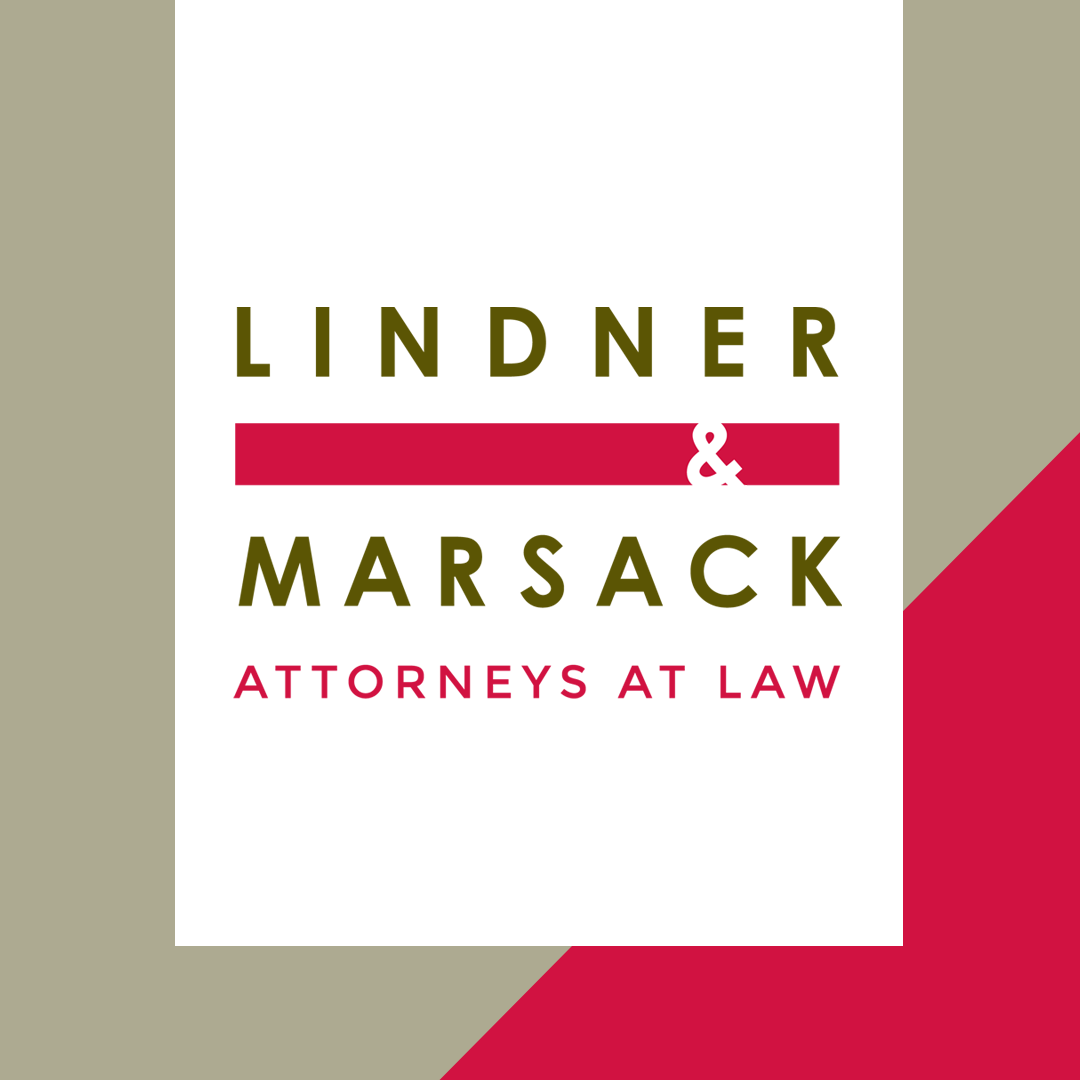By: Daniel Pedriana and Vanja Pemac On April 8, 2022, Governor Evers signed into law 2021 Wisconsin Act 232 (The Act). The Act, sponsored by the bipartisan House Labor and Integrated Employment Committee, was passed to increase weekly permanent partial disability (PPD) benefits in addition to changing the way that the average weekly wage (AWW) […]

